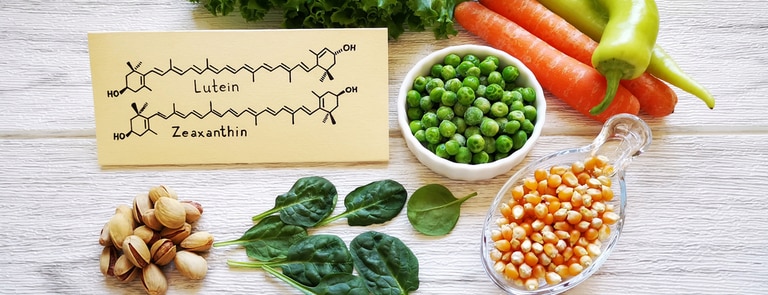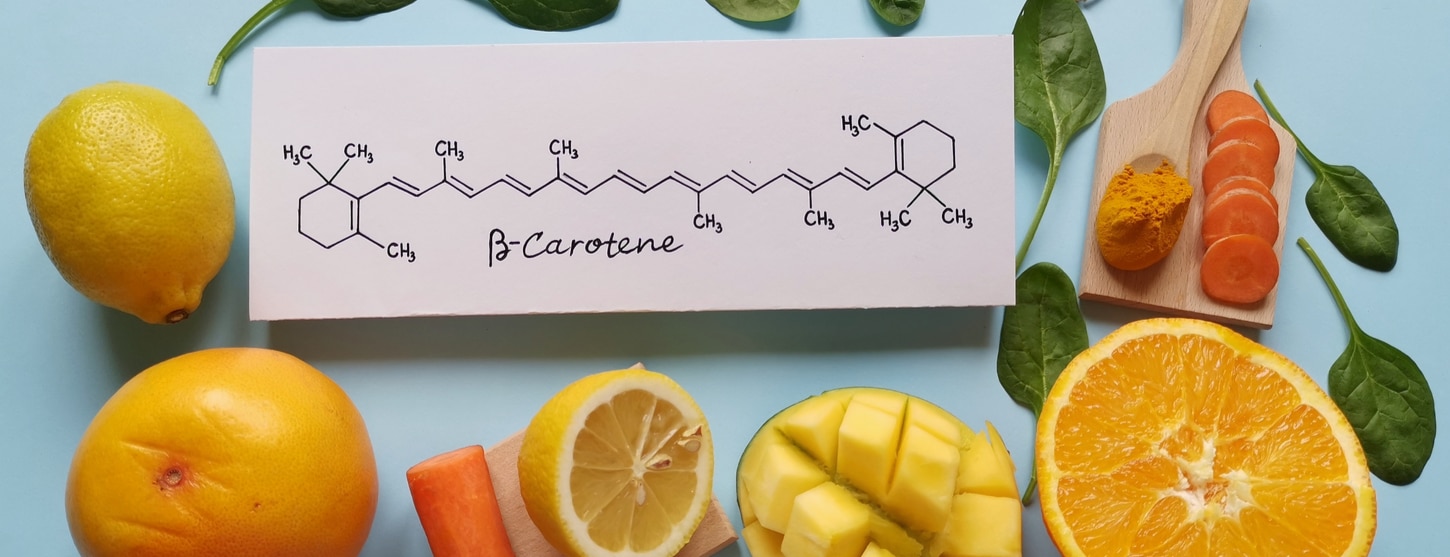15% off £35 OR 20% off £45
Code:FAVES
6 top health benefits of grapes - from eye health to varicose veins

The health benefits of grapes are widely known but did you know that the grape seeds themselves are just as good for you? Here’s how.
Bad puns aside, we like to think of the odd glass of red wine as medicinal, but did you know that grape seeds themselves have some surprising health benefits?
It’s true that grapes have a whole host of health benefits – they’re packed with vitamins, antioxidants, and nutrients. Plus, the skin from red grapes is a rich source of resveratrol, which is known to help support heart health.
Scientists say we might be discarding one of the most nutritious elements: the seeds. Ground and concentrated into grape seed extract, evidence shows they could fend off free radicals, support eye health and help us maintain healthy blood vessels.
6 shocking health benefits of grapes
So what health benefits are associated with grapes? Should we be crowning them as a super fruit and what’s the science to back up the claims? Well, you’ll just have to carry on reading to find out!1. A powerful antioxidant
Antioxidants are plant chemicals that help stop free radicals or ‘oxidants’ – harmful molecules thought to contribute to ageing and age-related illnesses like heart disease – from damaging our DNA. And grape seeds are packed with antioxidant compounds called oligomeric proanthocyanin complexes (OPCs). According to US researchers, OPCs may have a superior antioxidant effect compared with more well-known antioxidants including vitamins C and E.1 In a small 1998 study, researchers from the University of Birmingham found that 20 healthy volunteers who took 300mg of grapeseed extract every day increased their blood antioxidant activity within five days.22. Protect your eye health
The antioxidants found in grape seeds may be particularly good at protecting our eyes from the damage wrought by free radicals. In a Korean laboratory study published in Current Eye Research in 2012, grapeseed extract was found to be able to ‘rescue’ retinal cells from oxidative damage.33. Support heart health
Grape seed antioxidants may also help support our heart health. In a 2004 clinical trial of 36 people at high risk of heart disease, Australian researchers discovered taking 2g of grapeseed extract every day for four weeks improved blood flow compared with placebo.4 A review of nine trials by Yale School of Medicine in 2011 concluded that ‘grape seed extract appears to significantly lower systolic blood pressure and heart rate’.54. Packed with nutrients and vitamins
Grapes are packed with several of the essential nutrients we need to be including in our diet. Below is the nutritional information for 151g of either red or green grapes:8- 104 calories
- 3mg sodium
- 1g protein
- 28% vitamin K
- 27% vitamin C
- 2% vitamin A
- 2% calcium
- 3% iron
- 6% vitamin B6
- 288mg potassium
5. Lower blood pressure and reducing cholesterol
Grapes contain 288mg of potassium which is 6% of the recommended daily allowance (RDA). Not having enough potassium in your diet has been found to have links with high blood pressure, heart disease and stroke. A study was conducted with over 12,000 adults, people with higher levels of potassium in their body were less likely to suffer from heart diseases, when the level of potassium was higher in their body. Additionally, compounds in grapes have been found to decrease cholesterol absorption. In a study, 69 people with high cholesterol were given 500 grams of red grapes to eat, three times a day for eight weeks. At the end of the study, the grapes lowered total and bad low-density lipoprotein (LDL) cholesterol.96. Supporting your memory, attention, and mood
There have been links between eating grapes and improvements to a person’s memory, attention, and mood. 111 healthy older adults took part in a 12-week study, where they were given 250mg of a grape supplement per day. After 12 weeks, there was an improvement when researchers tested their attention, memory, and language, compared with their scores at the beginning of the study.9What colour grapes are the healthiest?
A common question is which colour grape is better, red, or green? When we think of grapes, we normally think of the red and green variety, they’re the most common types. However, there’s a whole array of different colours available, including:- Concord (red, black, purple, or blue)
- Green (usually used for white wine)
- Pink
- Yellow
What is a portion of grapes?
A standard serving of grapes is 80g, which is around 14 grapes. Consuming a range of different fruits and vegetables is recommended for a healthy and balanced diet. It’s perfectly reasonable to eat a cup or more of grapes, but just make sure your diet is varied, and you are giving the body the nutrients and vitamins it needs. We wouldn't recommend consuming excessive amounts of grapes e.g. a punnet a day. Yes, grapes are packed full of many different health benefits however, too many can cause issues:12- Stomach upset - grapes contain salicylic acid which some people can be allergic to causing abdominal pain, diarrhea, and bloating
- Weight gain - grapes even though high in vitamins, are also high in calories, eating too many in one sitting could lead to weight gain. Always opt for fresh grapes, canned grapes contain more sugar which also contributes to weight gain
- Kidney problems - a report by the National Institute of Diabetes and Digestive and Kidney Disease suggests that people who have advanced chronic kidney disease and diabetes, should be careful with certain foods, including grapes.
Sources
1 https://www.ncbi.nlm.nih.gov/pubmed/12628506 2 https://www.ncbi.nlm.nih.gov/pubmed/9875688 3 https://www.ncbi.nlm.nih.gov/pubmed/22440165 4 https://www.ncbi.nlm.nih.gov/pubmed/15577189 5 https://www.ncbi.nlm.nih.gov/pubmed/21802563 6 http://www.uofmhealth.org/node/661313 7 http://www.uofmhealth.org/node/661313 8 https://www.livescience.com/54581-grapes-nutrition.html 9 https://www.healthline.com/nutrition/benefits-of-grapes 10 https://alissarumsey.com/ 11 https://fruitsandveggies.org/expert-advice/how-many-grapes-are-you-allowed-to-eat-every-day/ 12 https://www.stylecraze.com/articles/unexpected-side-effects-of-grapes/Related Articles
Shop by wellness goal
Sign up for exclusive offers
Plus, get expert advice to support your health & wellness straight to your inbox when you sign up to Holland & Barrett emails.
Read our
privacy policy













